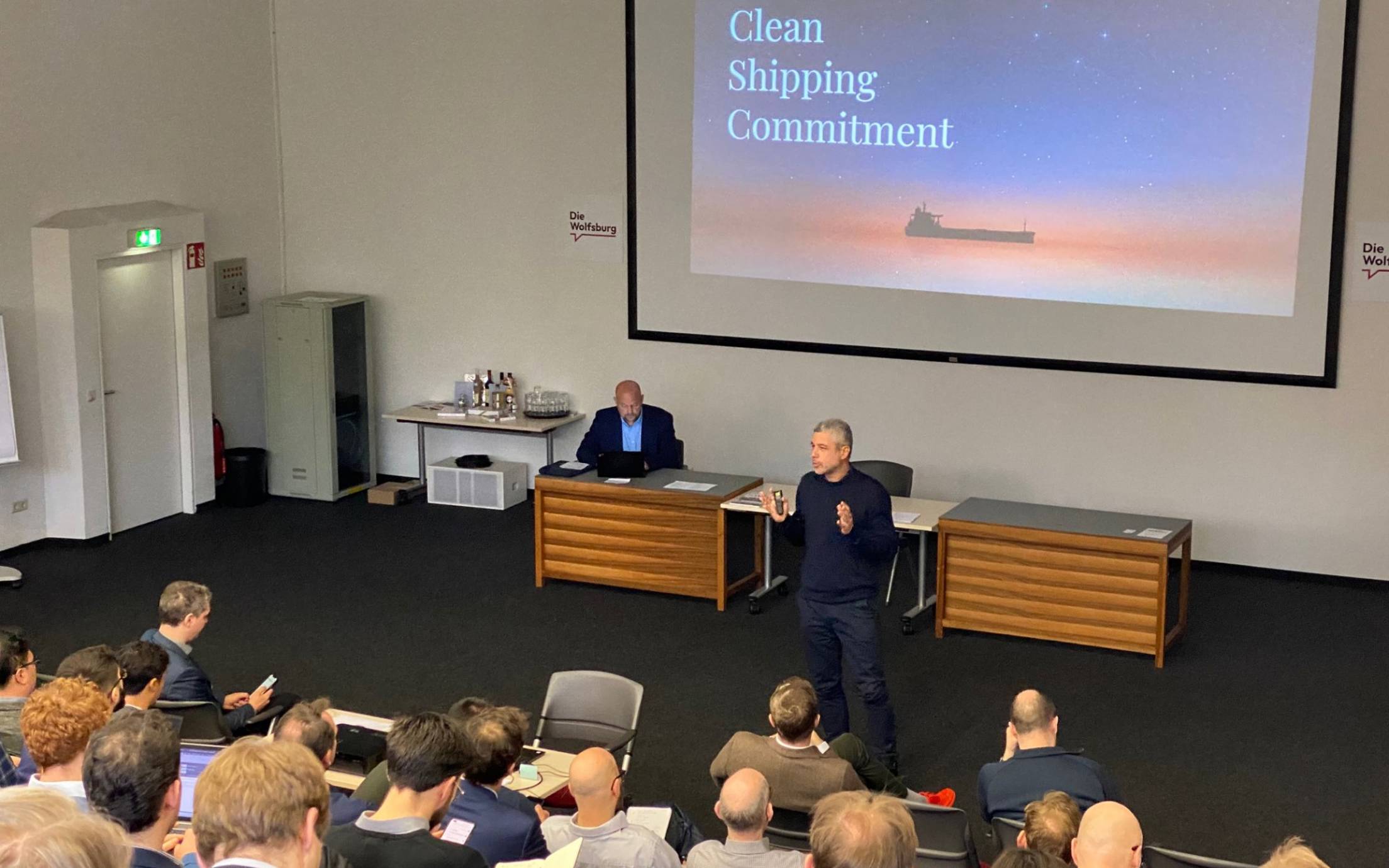giugno 04, 2025
5 mins read
The Biofouling in Shipping report, which surveyed 1000 ship owners and operators across 11 countries, reveals that even though the topic on biofouling seemingly has more awareness today than compared to a few years ago, there is still knowledge gaps in the industry.
“How biofouling management plays a key role in the shipping industry’s aim to cut carbon emissions and protect biodiversity has received an increasingly more acceptance amongst port authorities and regulatory stakeholders, as well as ship owners and operators. However, although 79% of respondents considers hull performance a top priority for their company, only 31% believe their company has adequate knowledge of hull performance solutions. This highlights the importance of continuing to increase the awareness and understanding, as the environmental and economic effects are significant,” said Morten Sten Johansen, Global Category Director Hull Performance in Jotun.
The report highlights the hidden costs of the lack of proper biofouling management.
- 41% have faced regulatory penalties due to biofouling related issues
- 38% have been denied port access due to non-compliance issues related to biofouling
“Perhaps even more telling, today half (49%) of those surveyed avoid ports with stringent biofouling regulations, a strategy that becomes increasingly unsustainable as global standards continue to tighten,” said Petter Korslund, Regulatory Affairs Manager Hull Performance in Jotun.
“We have arrived at a crossroads where regulations so far have had a regional or local focus, which can make it difficult for ship owners and operators to navigate in the regulatory landscape. We are now seeing a shift towards a more global framework that we believe, and hope, will make it easier to manage for those who live with day-to-day operations. With that said, it remains and is all more important, to have a good biofouling management plan.”
Beyond regulatory impacts, the research reveals substantial operational consequences. More than half (50.4%) of ship owners report experiencing fuel inefficiencies as a result of biofouling, representing missed opportunities for both cost savings and meaningful progress toward decarbonisation goals. Still, as many as 1 in 5 ship owners and operators are aware that they are not using the most effective antifouling coating for each vessel in their fleet today.
“Although our findings underscore a growing recognition of the link between effective biofouling management and operational efficiency, there is still room for improvement. Ship owners that proactively seek and embrace a tailored biofouling management plan, including hull performance solutions tailored to trade, will gain a competitive edge within the market, maximising effectiveness while reducing unnecessary costs and environmental impacts,” said Johansen in Jotun, and added:
“In an environment where profit margins are increasingly tight, it is more important than ever to minimise hidden costs. With more regulations on the horizon, including a legally binding biofouling framework on biofouling, our survey results are a stark reminder of the cost of being unprepared.”
Jotun’s report was presented during Nor-Shipping as a part of Jotun's ongoing Clean shipping commitment and sets out a roadmap for rethinking biofouling as a strategic priority for the shipping industry, against a backdrop of increased regulations and efficiency obligations.
The report is launched at Nor-Shipping (Oslo, Norway) Monday the 2nd of June. Jotun is present in Hall D at stand D03-06. To download the report, please visit here.
For further information:
Heine StangebyGlobal Communications Specialist, Jotun Performance Coatings
Mobile: +47 47 32 82 41
heine.stangeby@jotun.no



